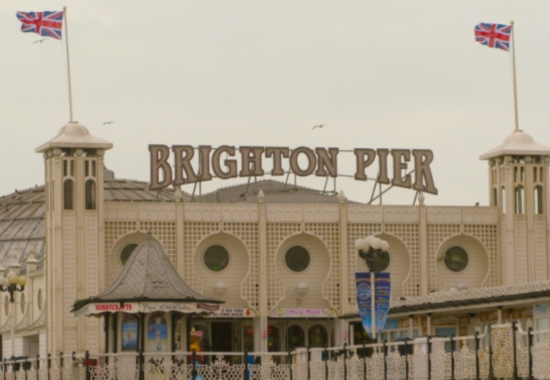The UK commercial property market has finally turned the corner following six years in the doldrums. However, until recently, the vast majority of activity has been focussed on London and other major business centres such as Manchester and Birmingham, with smaller regional locations only now beginning to reap the rewards of the upturn in the market.

Brighton and Hove is one such area in which commercial property has begun to perform strongly after several years of low demand.
Although local agents still warn against complacency, they claim developments such as Woodingdean Business Park are helping to attract new businesses to the area, with digital start-ups and retail firms particularly keen to acquire premises in Brighton and Hove.
Woodingdean Business Park’s 12 acre site was taken over by regeneration specialist St Modwen 8 years ago and is currently in its final phase of development, in which a 12,000 square foot building is being created for GB Liners due for completion in March of this year. However, the park is also home to a diverse range of firms, with the healthcare, car manufacturing and the IT sector all represented.
St Modwen development director, Nick Kay, claims that his firm will continue to seek opportunities in the Brighton and Hove region once work has ended at Woodingdean.
He says; “The level of activity is testament to the quality of Woodingdean Business Park and a clear indicator that Brighton’s commercial market is on the move.
“St Modwen is hungry to do more business in the city and will be actively seeking further development opportunities there.”
This interest by St Modwen is good news for Brighton and Hove as a number of commercial property agents have voiced concerns regarding the availability of space for firms seeking a foothold in the area.
As well as new business start-ups seeking commercial premises, a large number of local businesses chose to expand last year – meaning that, in categories such as Grade A office space and city centre retail units, the supply frequently equalled demand.
Should this unprecedented level of demand continue to grow, Brighton and Hove may find itself in a similar position to several prime London locations in that it simply cannot provide commercial space to all interested parties. This could, in turn, have a negative impact upon the market and the regional economy as a whole.
Local agent Phil Graves, of Graves Jenkins, believes banks are in part to blame for the issue as investment in new projects within the city remains low, thus limiting development opportunities.
He says; “Tenants had to look at existing stock – the retail offer in Brighton and Hove remains one of the strongest in the South East but tenants have had to work harder on their shop fronts and on their service.
“Overall, Brighton and Hove can look forward to the new year with confidence, but nobody is complacent.”
Good to see that the commercial property market is thriving outside of the big cities. Diversification into these areas will help encourage growth in the industry. 2014 should be a good year for commercial property.